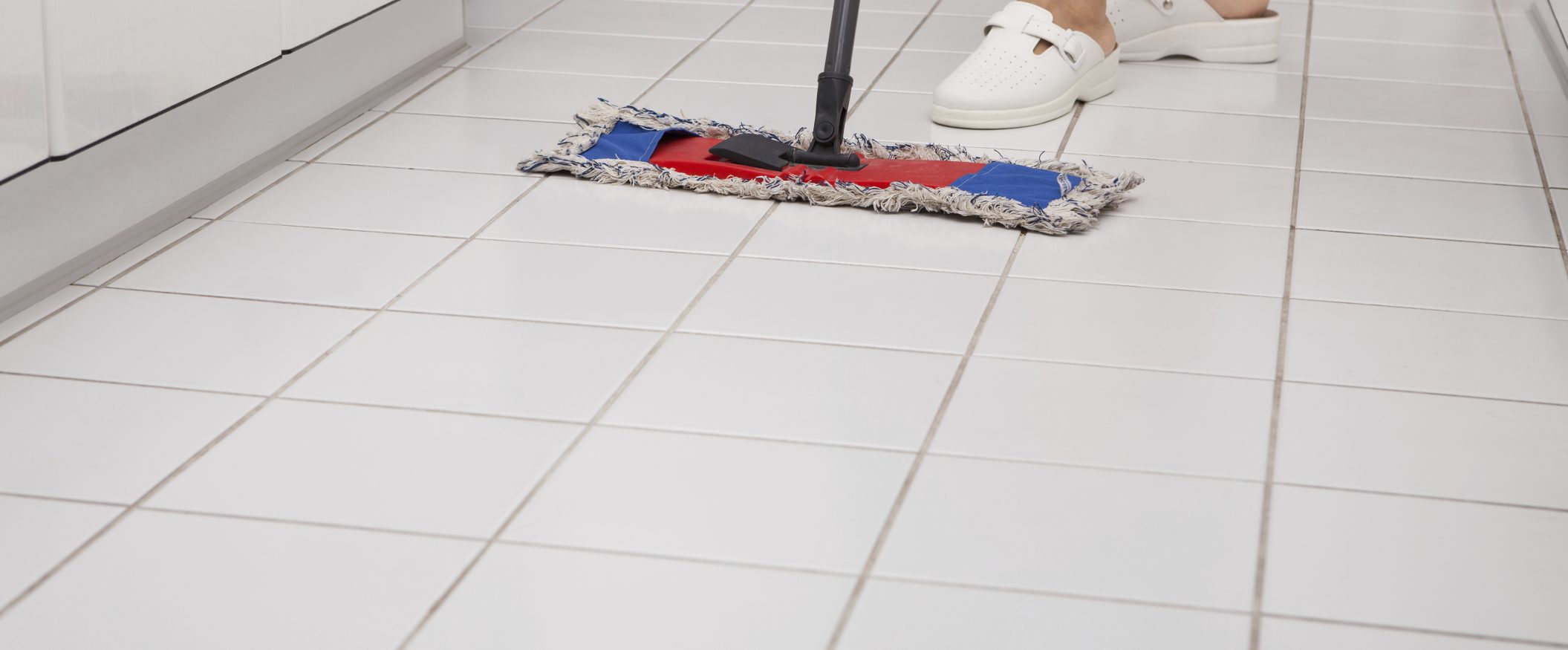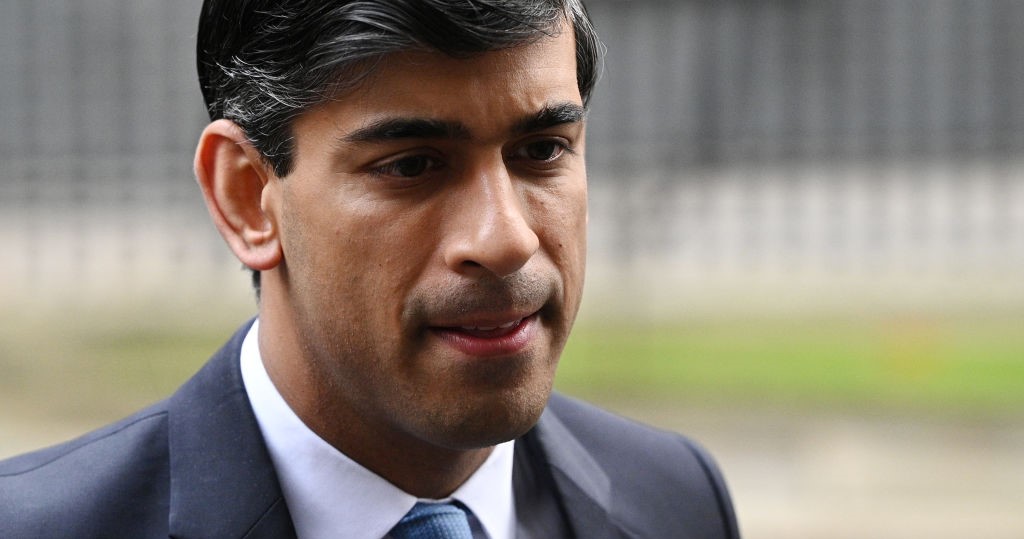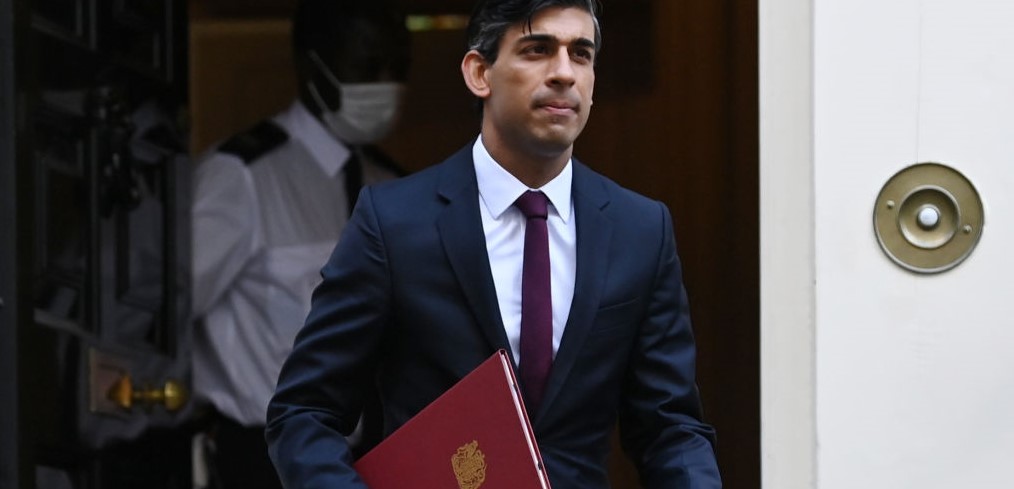Nothing comes from nothing
It’s that time of year again—the government announces a minimum wage hike, as it did on Tuesday (March 17), and pats itself on the back for how much it’s improved the lot of the lowest paid and hardest working among us.
The statutory minimum will go up to a grand total of ÂŁ6.70 an hour in October, a 20p increase from what it is today, at ÂŁ6.50.
The coalition government claims this is the largest real terms increase since 2008—a 3 per cent hike.
True enough, but if we consider that the National Minimum Wage has barely petered along over the term of the coalition government, with almost every yearly hike being below the rate of inflation, something ever-so-slightly higher sounds a lot better than it actually is.
Beyond the government spin, let’s take a look at what the hike in the National Minimum Wage actually amounts to.
With a 20p hike, minimum wage workers can expect to pocket £8 extra a week for a 40-hour work week—not even enough to buy two meals from a fast food chain.
Or as a BBC economics editor put it in his analysis, “It would allow the recipient of that wage to rent a one-bedroom place in a dowdier part of London, so long as he or she didn’t eat, use power, pay council tax or wear clothes.”
And what consolation is the highest minimum wage hike since 2008, when the average worker in Britain is ÂŁ5,000 a year worse off since that same year?
Earning your own poverty
Unite assistant general secretary Steve Turner argued that a National Minimum Wage that remains so low will do nothing help working people in Tory Britain.
“A minimum wage increase may make headlines but it disguises the starkest realities of what it’s like to be a working person in Cameron’s austerity Britain earning your own poverty,” he said. “Putting a paltry 20p on the minimum wage is a slap in the face to the millions of men and women working incredibly hard, often in two and three jobs whilst relying on it in Tory Britain.
“It’ll make little difference to those struggling with growing debt in casual, insecure jobs facing cuts to hours and soaring costs. And while workers live through the longest decline in living standards since the 1870’s corporate Britain continues to boost profits at the taxpayers’ expense through a corporate welfare subsidy for low pay in the form of tax credits and housing benefit.
“For young people the discrimination in minimum wage rates is unacceptable and must end,” Turner added. “For those seeking vocational training to meet the national skills crisis, the apprentice rate, far from increasing by 20 per cent should be scrapped, putting an end to its use by exploitative employers who pay even less than the minimum wage while providing questionable training let alone a proper apprenticeship.”
Way forward
Business secretary Vince Cable hit out at critics of Tuesday’s minimum wage hike.
“People who say it is nowhere near enough, need to explain how else we do it,” he said, suggesting that a higher increase would be unaffordable.
But If Cable had been paying attention, he would know that an explanation for “how else we do it” already exists.
An independent analysis commissioned by Unite last year found that not only is a significant minimum wage hike entirely affordable, but it would also be a boon to public finances, in the form of higher income tax receipts. Raised net wages would also prime consumer demand and boost GDP.
Turner argued that the way forward was clear.
“The answer of course is simple – pay workers fairly for a hard day’s work! And if we’re serious about this we need strong, powerful trade unions engaging in sector level collective bargaining to raise wages and address growing inequalities.
“In the meantime, boosting the minimum wage by an immediate ÂŁ1.50 an hour would lift millions out of absolute poverty and put money in the pockets of those who will spend it, not stash it away in the nearest tax haven. This has the added additional benefit of slashing â€corporate welfare’ by some ÂŁ3bn which can be better spent investing in jobs, homes and hope across our nations.”
 Like
Like Follow
Follow


